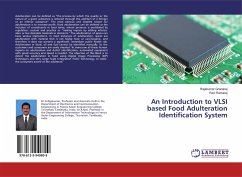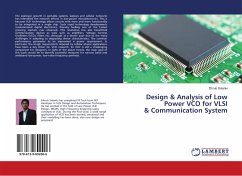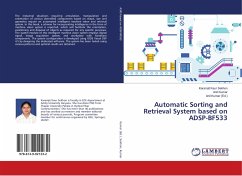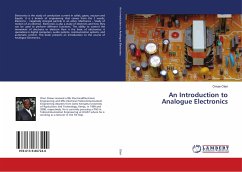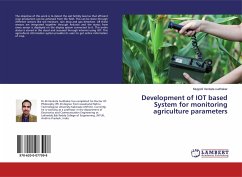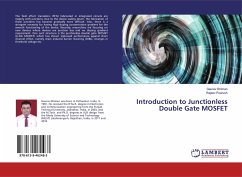Adulteration can be defined as "the process by which the quality or the nature of a given substance is reduced through the addition of a foreign or an inferior substance". The most obvious and simplest reason for adulteration is to increase profit. Food adulteration can be defined as the inclusion of constituents in food items, whose presence is prohibited by regulation, custom and practice or "making impure by adding inferior, alien or less desirable materials or elements." The adulteration of spices can have serious implications. In most instances of adulteration, spices are adulterated with material that is not highly toxic or carcinogenic, and therefore it does not present a significant, immediate public health risk. Adulteration in food, oil and fuel cannot be identified manually. So the customers and consumers are easily cheated. To overcome all these human impacts on adulteration and defect identification, automated equipment with good accuracy and speed is needed. The objective of this Book is to detect the adulteration in food using Digital Image Processing (DIP) Techniques and Very Large Scale Integration (VLSI) Technology, to make the consumers aware of the adulterati

